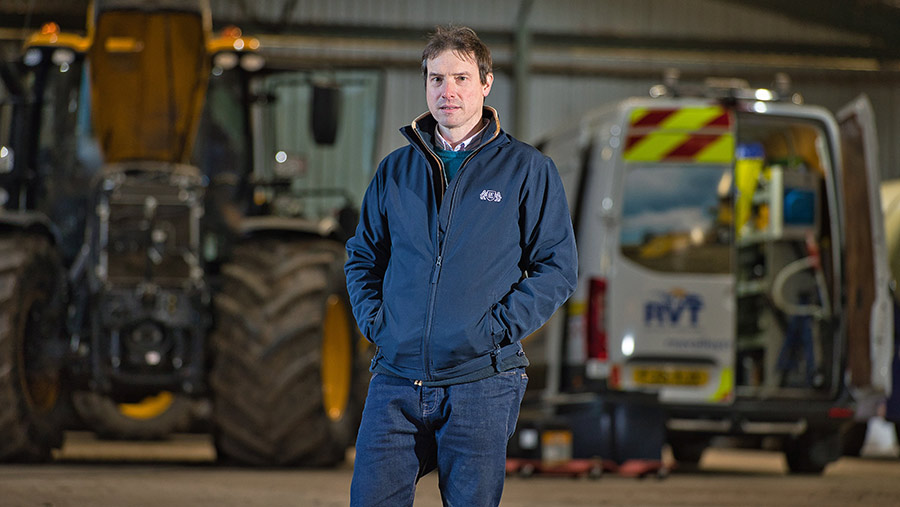Farmer Focus: Welcoming 140 primary school pupils to the farm
 © Richard Stanton
© Richard Stanton We welcomed pupils from three urban schools so they could get close to nature and farming during our debut agricultural open day, organised with leading charity Countryside Learning.
The farm team got a huge amount out of explaining their work to 140 children from primary schools in Wolverhampton and Walsall, two areas in the traditional industrial Black Country region about 20 miles away.
See also: Farmer Focus: The UK government’s net-zero plan is baffling
The weather was not kind, with the warm spell of early October replaced by regular rain and overcast skies.
Yet the youngsters, some of whom live in tower blocks, were engaged, enthusiastic and surprisingly well informed about environmental issues even though they rarely or never visit the countryside.
With many of our visitors not having their own gardens, it was a reminder for those of us in farming of the privilege we enjoy in being out in the open air.
One of the senior teachers said: “Many of them have seen animals they have never seen up close before, they have been in a tractor and they have gone home with stories which they can talk about for a long time to come.”
The youngsters got up close to our sheep flock and were shown how robotics are used in seed production by our wholesale native wildflower supplier Bradford Green.
Local partner Bronwin & Abbey gave a demonstration of forestry machinery and the youngsters got their hands dirty in a soil conservation talk with Ed Brown, agronomist at Hutchinsons.
As it was our first event, we were nervous as to the level of interest. A great way of engaging with the children was explaining how the wheat in store was equivalent to that used in 14m pints of beer.
The interaction we had with our guests was fantastic.
It was such a success that we hope to do more events to support our local education sector and to help more young people understand how we get food on the table.
If education days can have a similar impact on pupils’ understanding, we can help shape a better future.
